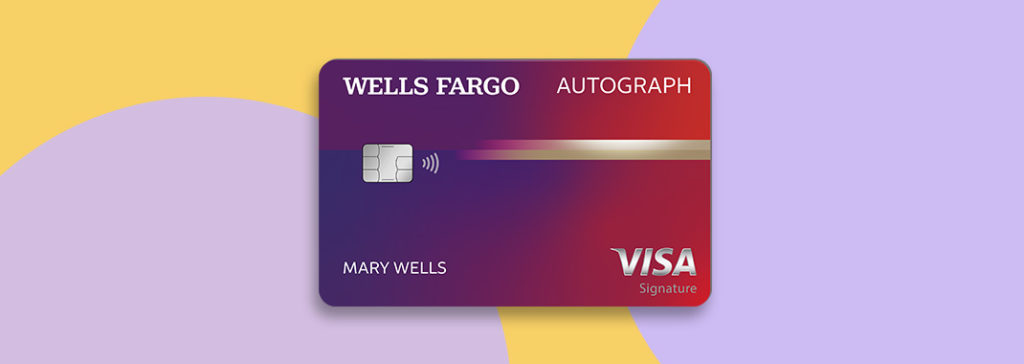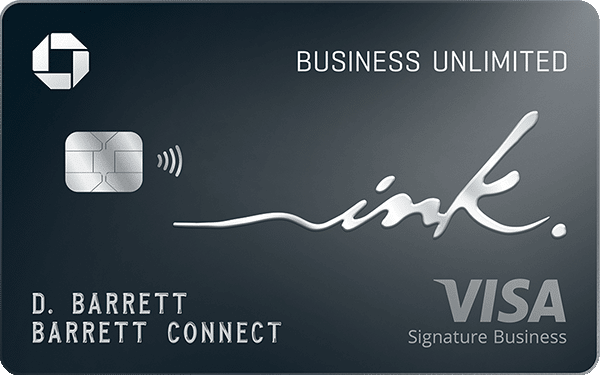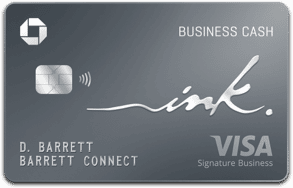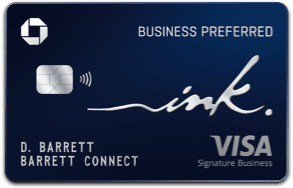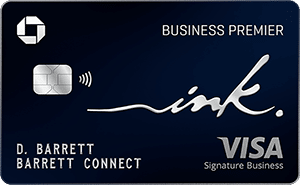Most products on this page are from partners who may compensate us. This may influence which products we write about and where and how they appear on the page. However, opinions expressed here are the author's alone, not those of any bank, credit card issuer, airline or hotel chain.
As a small business owner, it's easy to feel like you're constantly on the hook for taxes. Every year, you're faced with the daunting task of organizing your finances and trying to figure out how much you owe the government. And let's be honest—nobody wants to overpay on their taxes. That's where tax deductions come in.
Below, we cover the types of deductions available to small business owners, including home office expenses, mileage deductions and more. By understanding these deductions and how to claim them, you can reduce your tax burden and free up more money for reinvestment in your business.
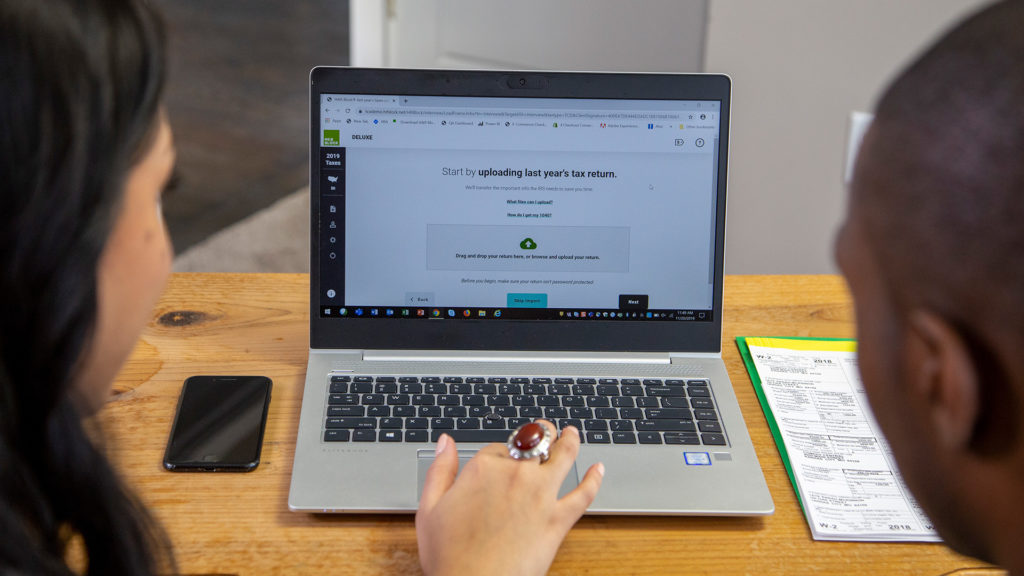 Related Article
Related Article
9 Best and Cheapest Online Tax Services
How Small Business Tax Deductions Work
Small business tax deductions reduce the amount of income that is subject to tax. In other words, they allow business owners to lower their taxable income by claiming deductions for certain expenses. While not everything is considered a tax write-off, eligible expenses can result in a lower tax bill and more money in the business owner's pocket. Here are a few examples of common applications of mall business tax deductions:
- Home office deduction: If you use part of your home just for your business, it may qualify for a home office deduction. You can deduct part of your rent or mortgage, utilities and other home expenses based on the percentage of your home you use for your business.
- Mileage deduction: If you drive your personal vehicle for business, you may be able to claim your business miles. Let’s say you drive 1,000 business miles in a year and the current mileage deduction rate is $0.655 per mile. In that case, you could claim a deduction of $655.
- Equipment and supply expenses: If you purchase equipment or supplies for your business, you may be able to claim a deduction for these expenses as well.
Quick Tip
Keep good records (e.g., receipts and a mileage log) throughout the year to track all of your business expenses. While every expense doesn’t require receipts to apply the deduction, having them handy is always the best practice.
25 Examples of Small Business Tax Deductions
Here is a list of some of the most commonly used business expenses that most companies can deduct. However, always check with an accountant or the IRS to confirm the tax-deductible status of any business expenses:
- Advertising and promotion: Costs for promoting your business, such as advertising in print or online media.
- Business insurance: The cost of insurance for your business, such as liability insurance or property insurance.
- Interest and bank fees: These are costs associated with borrowing money for your business, such as interest on loans or fees for bank accounts.
- Business meals: The cost of meals related to your business, such as meetings with clients or team-building events with employees.
- Child and dependent care: Expenses for the care of children or dependents while you're working.
- Charitable contributions: Donations made by your business to charitable organizations. (It must be labeled as a charitable organization, otherwise it’s considered a gift, which is different.)
- Client and employee entertainment: Costs for business entertainment, such as tickets to sporting events or meals at restaurants.
- Depreciation: The reduction in the value of an asset over time, such as a company vehicle or office equipment.
- Education: Educational expenses related to your business, such as training or professional development courses.
- Energy efficiency expenses: Costs associated with making your business more energy efficient, such as installing energy-efficient lighting or heating and cooling systems.
- Foreign-earned income exclusion: This is a tax benefit for individuals who earn income abroad and meet certain requirements.
- Home office expenses: Expenses for the use of a home office, such as utilities and internet service.
- Investments: Costs for investments made by your business, such as stocks or real estate.
- Medical expenses: This includes costs for medical care premiums for you or your employees.
- Mortgage interest: This includes interest paid on a mortgage for a business property, such as a commercial building or rental property.
- Moving expenses: Costs of moving your business to a new location, such as hiring a moving company or renting a truck.
- Office supplies: Costs for supplies needed to run your business, such as paper, pens and printer ink.
- Phone and internet: Phone and internet expenses for your business.
- Professional service fees: Fees paid to professionals for services related to your business, such as legal or accounting services.
- Real estate taxes: Taxes paid on business-owned real estate, such as a commercial building or rental property.
- Retirement contributions: The contributions made by your business to retirement plans for you or your employees.
- Salaries and benefits: Costs for salaries and benefits for your employees, such as health insurance premiums or retirement plans.
- Startup costs: Expenses incurred when starting a new business, such as legal fees and marketing expenses.
- Work-related car use: Costs for the use of a personal vehicle for business purposes, such as mileage or fuel.
- Travel: This includes expenses related to business travel, such as airfare, hotel costs and meals.
Compare Chase Ink Business Credit Cards
| Credit Card | Intro Bonus | Annual Fee | Rewards Rate | Learn More |
|---|---|---|---|---|
|
|
$750Cash Bonus
Earn $750 bonus cash back after you spend $6,000 on purchases in the first 3 months from account opening. |
$0 |
1.5%Cashback
Earn unlimited 1.5% cash back on every purchase made for your business. The advertised rewards type is cash back, but it’s important to note that you’re technically earning Chase Ultimate Rewards points (which can then be converted to cash back). |
Apply Now |
|
|
$750Cash Bonus
Earn $350 when you spend $3,000 on purchases in the first three months and an additional $400 when you spend $6,000 on purchases in the first six months after account opening |
$0 |
1% - 5%Cashback
Earn 5% cash back on your first $25,000 spent in combined purchases at office supply stores and on internet, cable and phone services each account anniversary year. It also offers you 2% cash back on your first $25,000 spent in combined purchases at gas stations and restaurants each account anniversary year. |
Apply Now |
|
|
90,000Chase Ultimate Rewards Points
Earn 90,000 bonus points after you spend $8,000 on purchases in the first 3 months from account opening. Dollar Equivalent: $2,070 (90,000 Chase Ultimate Rewards Points * 0.023 base) |
$95
This fee includes extra cards for authorized users, such as employees, at no additional charge. |
1x - 3xPoints
Earn 3x points on the first $150,000 of combined spending in a number of key business categories |
Apply Now |
|
|
$1,000Cash Bonus
Earn $1,000 bonus cash back after you spend $10,000 on purchases in the first 3 months from account opening. |
$195 |
Up to 2.5%Cashback
Earn unlimited 2.5% total cash back on purchases of $5,000 or more and unlimited 2% cash back on all other business purchases. |
Apply Now |
Tax Deductions vs. Tax Credits
A tax credit is a directly proportional way to reduce your tax bill. For example, if you have a $1,000 credit, it will reduce your tax bill by $1,000. A deduction is different—it reduces the amount of money you have to pay taxes on.
Let's say you're self-employed and have an LLC. You might be able to claim a deduction for using a home office. If you have $50,000 in taxable income and claim a $1,000 home office deduction, your taxable income will go down to $49,000. That means you'll pay less in taxes.
You might encounter limits or rules about when you can claim deductions, such as:
- Limitation: A limitation on a deduction means that there is a maximum amount that you can claim. For example, there may be a maximum you can claim for charitable donations in a single tax year.
- Phase-out: A phase-out of a deduction means the value of the deduction decreases as your income increases until it is eliminated. For example, if you're eligible for a $1,000 deduction for using a home office, but the phase-out starts at $50,000 of income, the value of the deduction will be reduced until it is no longer available at a certain income level.
Don't get tripped up by deduction rules. They are there to ensure deductions are only used by people who need them. (Otherwise, it opens the system up for abuse). Always check with a tax pro or the IRS to understand any limits or special rules that might apply to the deductions you're thinking about claiming.
 Related Article
Related Article
3 Things to Know Before Paying for a Tax Preparation Service
How to get a Tax Deduction for Your Small Business
Here are three steps to getting a tax deduction for your small business:
- Keep accurate records: Keep detailed and organized records of your business expenses throughout the year. This will make it easier to claim deductions on your tax return. Many business owners find it easier to automate this with accounting software or bank integrations.
- Know what is deductible: Not all expenses are deductible, so it's important to understand what is and isn't eligible. Refer to IRS guidelines or consult with a tax professional to be certain.
- Claim your deductions: When it's time to file your tax return, claim the deductions you're eligible for. You will need to provide documentation of some of your expenses, so have your records on hand. You can claim deductions on the appropriate forms or schedules of your tax return (we’ll discuss where to get those), depending on the type of expense.
Forms and Schedules for Business Tax Deductions
The forms and schedules you need for claiming deductions will depend on the type of expenses and your business structure. For example:
- Sole proprietors and single-member LLCs: You will claim your deductions on Schedule C (Form 1040), Profit or Loss From Business.
- Partnerships and multi-member LLCs: You will claim your deductions on Form 1065, U.S. Return of Partnership Income.
- Corporations: You will claim your deductions on Form 1120, U.S. Corporation Income Tax Return.
Other forms and schedules may be applicable depending on the type of expense, such as Schedule A (Form 1040) for itemized deductions or Form 4562 for depreciation. You can find these forms and schedules on the IRS website. Search for the form or schedule by name or number. The IRS updates tax codes annually depending on inflation and government changes, so check the website for updates before you file your tax return.
 Related Article
Related Article
How to Earn $400 With Chase Business Complete Checking
Maximize Small Business Tax Deductions
To maximize your tax deductions and reduce the burden of business taxes, it's important to be knowledgeable about the available deductions and to keep good records. This includes understanding what deductions you are eligible for and organizing your records to reflect those expenses. By following these best practices, you can expect to see a lower tax bill.
It can also be helpful to set up separate bank accounts and credit cards for all your business expenses to help you track them separately from your personal finances.
 Related Article
Related Article
5 Best Business Bank Account Bonuses and Promotions (2025)
FAQs
-
Under the Tax Cuts and Jobs Act of 2017, certain small business owners and self-employed individuals may be eligible to claim a 20% business deduction on their tax returns. This allows them to reduce their taxable income by up to 20% of their qualified business income from a qualified trade or business. Limits apply based on income and the type of business you have.
-
Yes, deductions may have limitations or phase-outs based on income or other factors. The home office deduction, for example, has rules for calculating the amount you can claim, and other deductions may have dollar limits or percentage limitations.
-
Yes, if they are deemed as "ordinary and necessary" for the purpose of operating your business you can deduct them. You'll just need to provide documentation of the expense and the amount spent.
-
There is no set limit. If you paid too much toward your taxes over the year, you are entitled to a refund.

